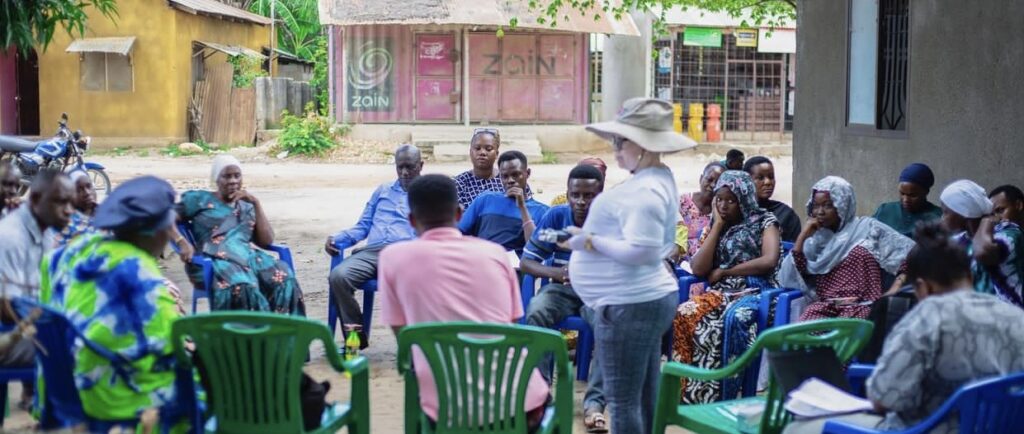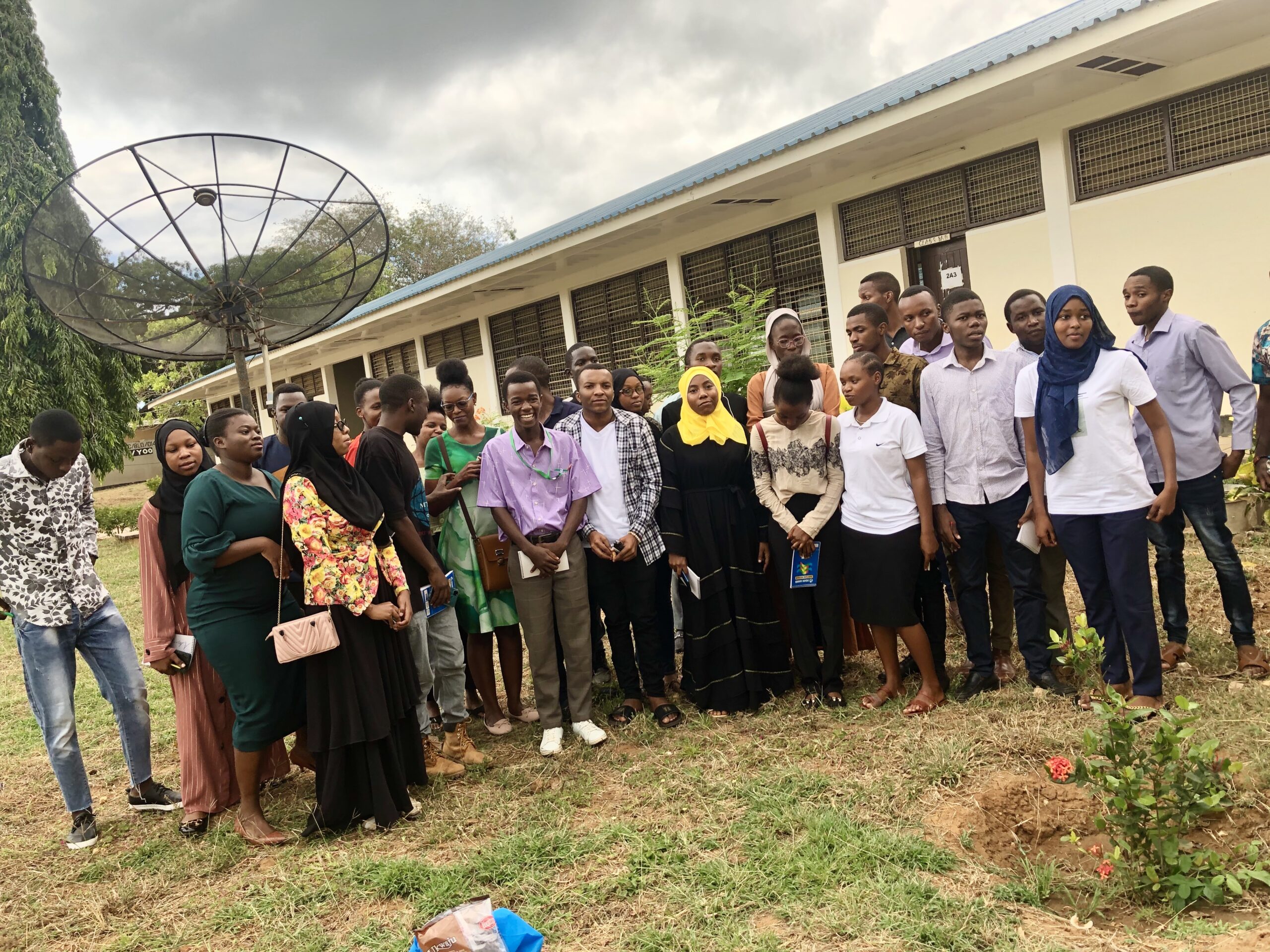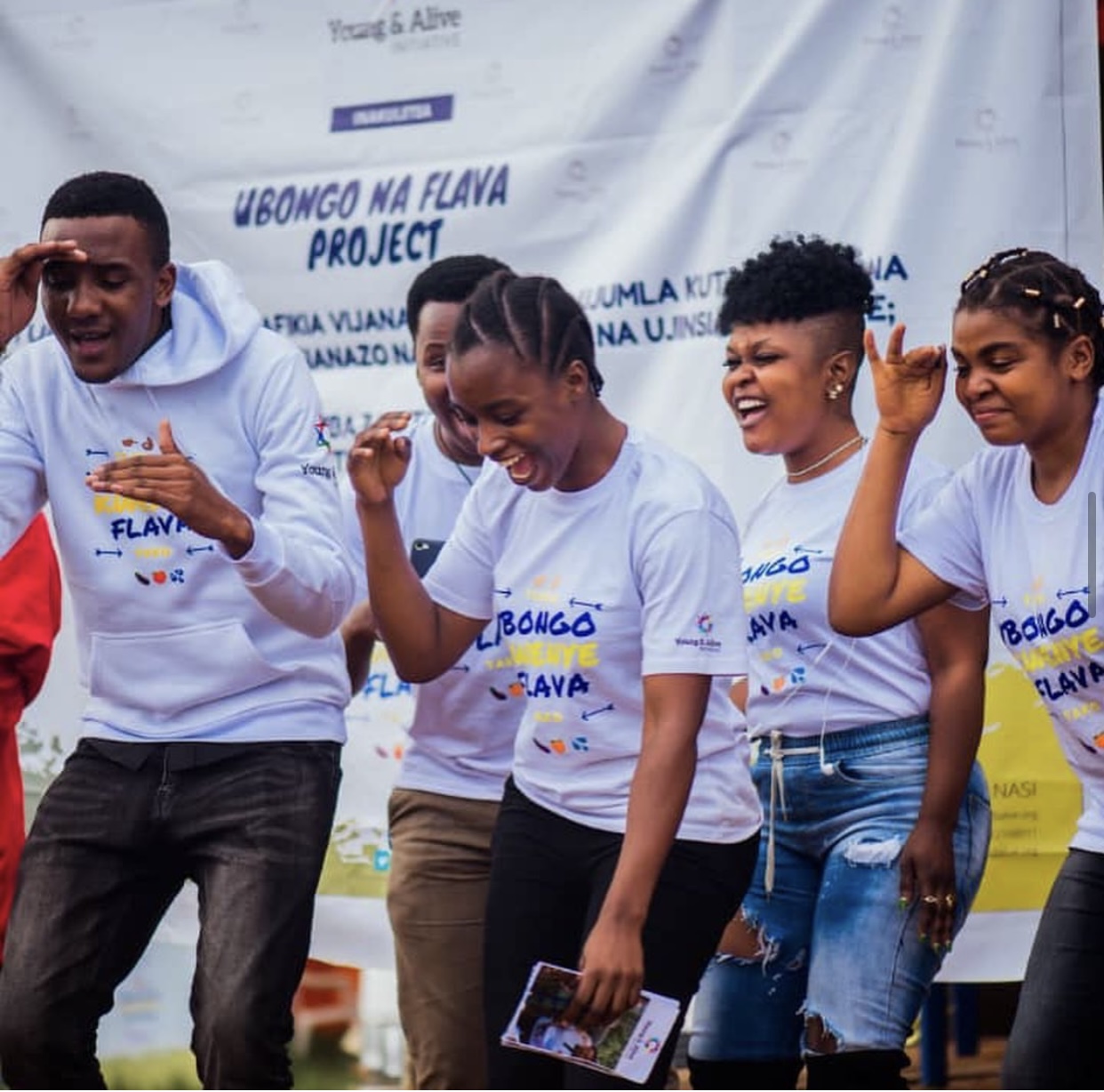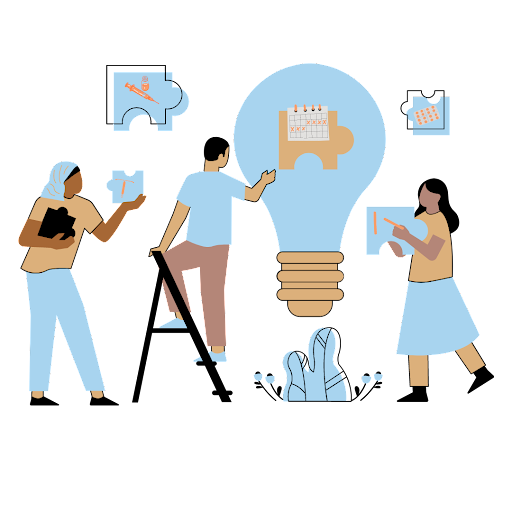Gender is a social construct for what is attributed to be socially acceptable otherwise right or wrong based on gender roles for a man or woman; and this concept is not a women-only construct. Oftentimes, gender issues are seen as women-only issues and this is incorrect, as gender issues affect men and everyone as well.
Our societies’ cultures have been very much attached to a patriarchal system that favors men more than women in many aspects including gender roles and needs assessments, gender resource mobilization including issues of access, and control over resources. These issues have pivotal impacts on the power dynamics between men and women that trickle down to decision making capabilities even on sensitive issues like access to health care services. For instance, in Mtwara and most Tanzania communities, a man is the final decision maker on whether their girlfriend or wife should use a family planning method or not.
During a recent scenario in one of our programs, a man asked to use a knife to forcefully remove an implant from his wife’s arm. Eventually, the impact of family planning affects everyone not just women, to further emphasize having unplanned pregnancies affects both of the caregivers/parents proving gender issues are not just women issues but societal issues that men, women, and everyone need to be involved in together.









